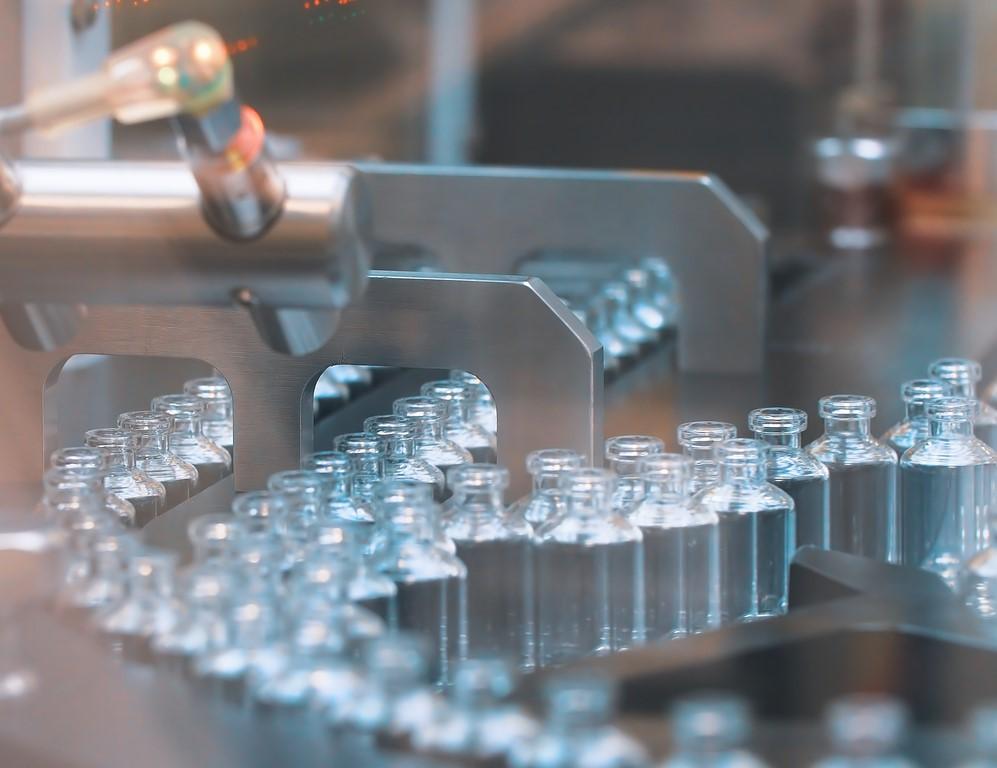Though deliveries of COVAX vaccine started at a brisk pace this week, with developed countries ramping up their programs, the demand far exceeds the supply, the World Health Organization (WHO) said today.
At a briefing today, WHO officials said they and their partners will hold a global summit on Mar 8 and 9 to look at gaps in the supply chain and examine ways to boost production. Also, officials raised concerns about a COVID-19 surge in Brazil, where the P1 variant is dominant.
Multiple strategies to boost supply
Tedros Adhanom Ghebreyesus, PhD, the WHO's director-general, said COVAX, the program for equitably distributing COVID-19 vaccine supplies, has now delivered more than 20 million doses to 20 countries, and in the next week, it will deliver 14.4 million more to 31 additional countries.
Though progress is encouraging, the first round of allocations is only enough for countries to vaccinate 2% to 3% of their populations, a stark contrast from other countries that are making more rapid progress with an eye toward vaccinating their entire populations within the next few months.
The main priority of COVAX is to help all countries to end the pandemic, Tedros said. "This means urgent action to ramp up production."
Tedros said there are several barriers to boosting the speed and volume of production, ranging from export bans to shortages of raw materials, including glass, plastic, and stoppers. He added that the WHO is working on four approaches, which include connecting vaccine producers with companies that have extra capacity for the fill-and-finish step, such as the deal announced this week between Johnson & Johnson and Merck.
Other approaches include bilateral technology transfer, which allows companies to produce vaccines made by other companies, such as AstraZeneca-Oxford vaccines made by producers in South Korea and India. Two other strategies include coordinated technology transfer through licensing mechanism coordinated by the WHO and used for earlier pandemic vaccines, as well as waiving intellectual property rights.
Soumya Swaminathan, MD, the WHO's chief scientist, said the group will also look at gaps in the global supply chain of raw materials for making vaccines, such as plastic, glass, stoppers, and vials. Global supply is struggling due to unprecedented demand for COVID-19 vaccines.
WHO officials said summit participants will include representatives from governments and industry, as well as groups such as the Coalition for Epidemic Preparedness Innovations (CEPI) and the International Federation of Pharmaceutical Manufacturers and Associations (IFPMA).
Concern over spike in cases in Brazil
At today's briefing, WHO officials said Brazil's surge in cases is concerning, with the country experiencing brisk virus activity in the northeast, all the way down to the south.
Mike Ryan, MD, who leads the WHO's health emergencies program, said the P1 variant has become dominant in Brazil, which carries some worrisome mutations, especially regarding transmissibility. He said officials are also concerned that the new variant may be evading natural immunity among those infected earlier.
Ryan said the events in Brazil serve as a warning to other parts of the world, where populations might mistakenly think the pandemic is over. "Countries are going to lurch into third and fourth surges," he said. "We should not waste the hope that vaccines bring."
In a related development, Brazil's Fiocruz Institute yesterday said its scientists have developed a new testing protocol to detect SARS-CoV-2 variants, and results from eight states show that the prevalence of variants is higher than 50% in six of them. The Fiocruz Institute recently sounded the alarm about Brazil's worsening COVID-19 situation and its impact on health systems.
In other global headlines:
- The UK Recovery Trial, which is studying potential COVID-19 treatments, said today that it is winding down the trial for colchicine, an anti-inflammatory drug used to treat gout, after no benefits were found for hospitalized patients.
- In Germany, a scientist from the Robert Koch Institute said variants make up 40% of cases now, up from 6% just 4 weeks ago, according to CNN.
- Italy today tightened restrictions in three regions, and the country's health officials say the B117 variant is spreading rapidly across the country, with cases up 23% compared with the previous week, Reuters reported.
- The global today climbed to 115,904,109 cases, and 2,575,798 people have died from their infections, according to the Johns Hopkins online dashboard.






















